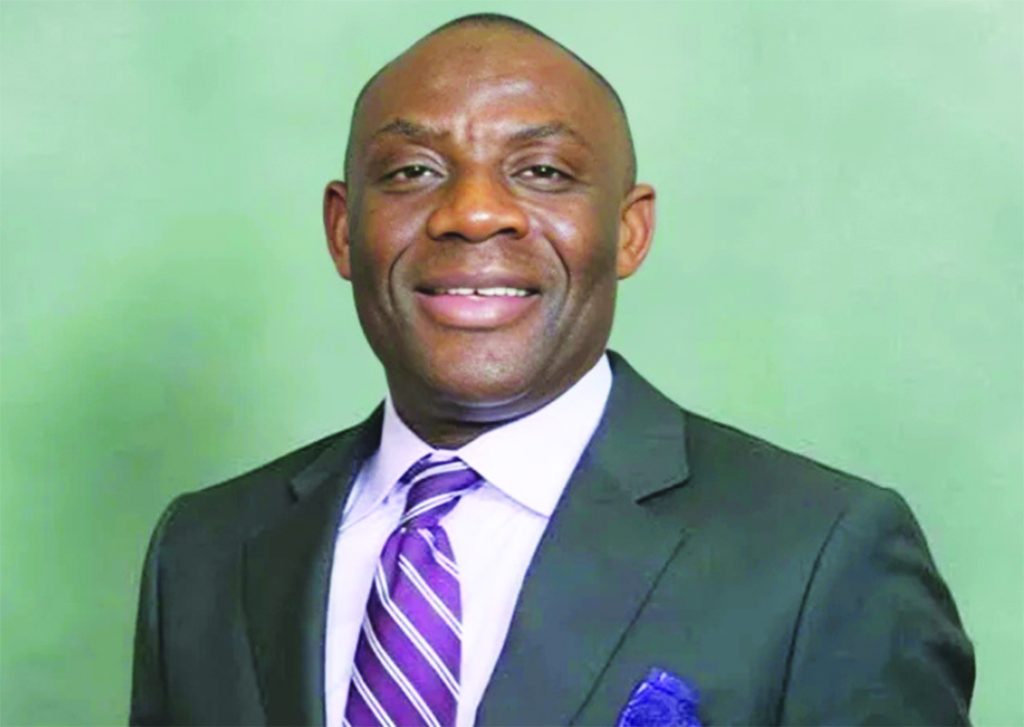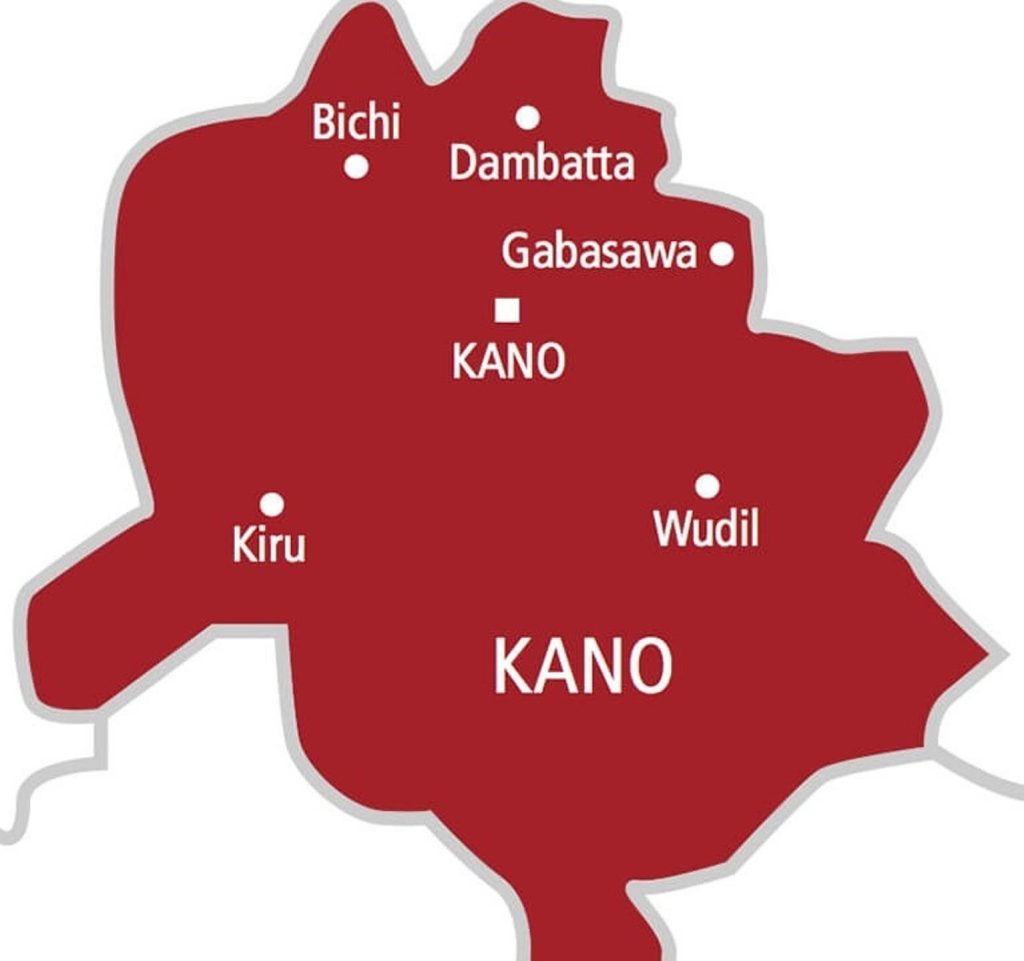FG Proposes Establishment of National Tribunal to Address Examination Malpractice


The federal government has proposed establishing a National Examination Malpractice Court/Tribunal to expedite the handling of exam fraud cases and to strongly deter cheating.
Education Minister, Dr. Tunji Alausa, revealed this plan while receiving a report in Abuja from a 17-member panel assigned to enhance the standard of examinations.
The group presented a detailed 12-point proposal designed to address several issues tied to exam malpractice and to improve how examinations are conducted.
Dr. Alausa confirmed the suggestions and promised that the government would carry them out completely.
“Let me assure all the committee members that you have done so much work here, and all the recommendations you have given us as a government, we will implement every single one of them.”
“All the 12 recommendations that you reeled out, everyone will agree with me today that none of them will be impossible to implement. They are all practical things. Those that will be implemented now, we will do that right away,” he said.
The Nigerian government had earlier launched a panel to lead efforts aimed at improving the credibility and standards of the country’s examination system.
Led by the JAMB Registrar, Professor Is-haq Oloyede, the committee was given the responsibility to harmonise examination procedures, tackle cheating, and guarantee fairness in assessments.
The panel, which began work in January, spent five months investigating matters related to exam credibility and quality nationwide.
This proposal is included in wider reforms meant to tackle cheating through impersonation, corruption in Continuous Assessment, weak monitoring, and inconsistent examination methods.
The group also advised that all candidate exam materials, such as certificates, registration forms, and result sheets, should display the National Identification Number (NIN), a photo, and the date of birth to help prevent impersonation and identity fraud.
“Documents, including certificates, registration and result slips, should contain National Identification Number (NIN), photograph and date of birth of candidates, to guard against identity theft and impersonation.”
The committee further suggested that every examination invigilator and supervisor be required to register using their NIN and connect to the exam body’s short code system for better tracking and monitoring.
“All Invigilators and Supervisors must register through NIN and subscribe to the examination body’s Short Code, using the same pattern of 55019/66019 of JAMB in order to track and have full information about the examination officials, including examiners, supervisors, and invigilators.”
“Swapping of Invigilators and Supervisors should commence with effect from the 2025 private SSCE due to the strong views against student swapping expressed by the four concerned examination bodies (WAEC, NECO, NABTEB and NBAIS).”
“Except where absolutely impossible, Invigilators and Supervisors should always be public officials, teachers on pensionable appointments.”
“The standard requirements of examination halls/centres should not be waived for any school, while the recommended seating arrangement should be 1.5m by 1.2m, or 1.8 sqm per candidate,” the committee stated.
Among its 12 recommendations, the committee also proposed steps to boost exam integrity such as placing fixed CCTV cameras in all exam venues, creating monitoring rooms in each centre, allowing multiple exam bodies to jointly own central control facilities, using body cams for oversight, assigning a unique code linked to NIN to students from basic education, updating the 1999 Examination Malpractice Act for enforceability, and fixing the Continuous Assessment process to eliminate fake score entries.









